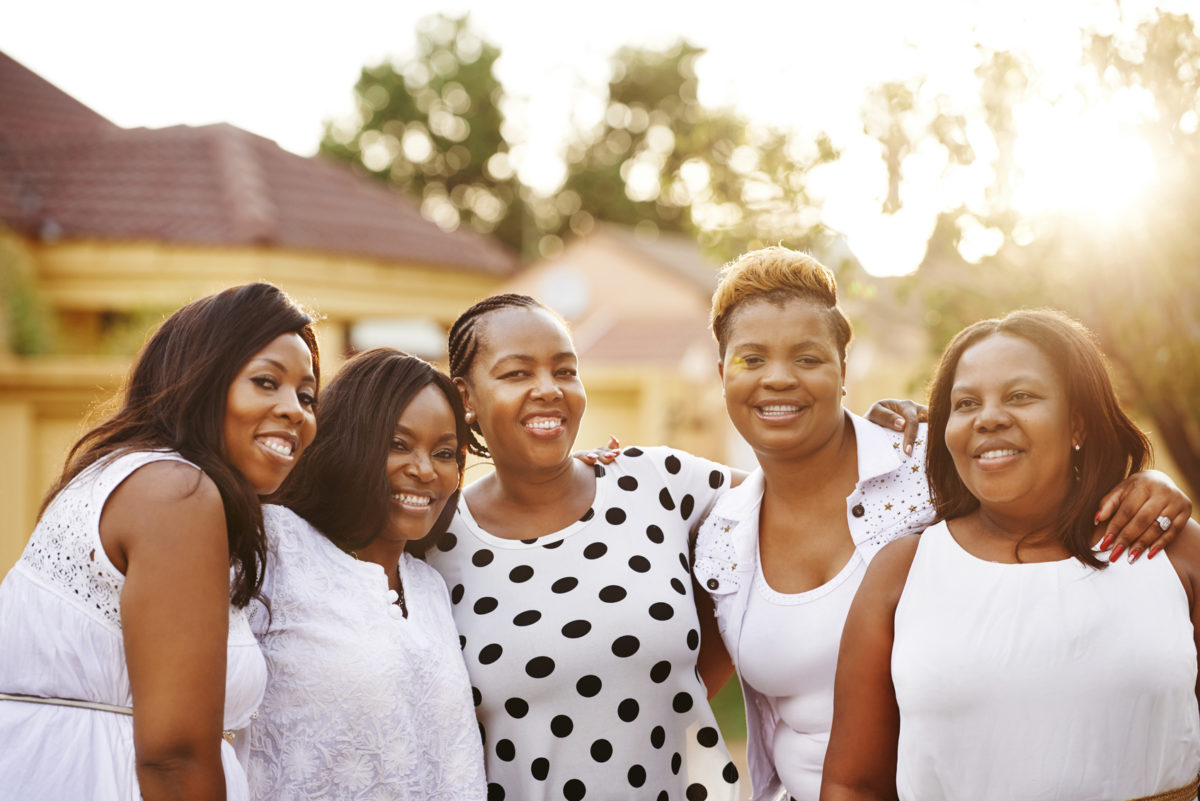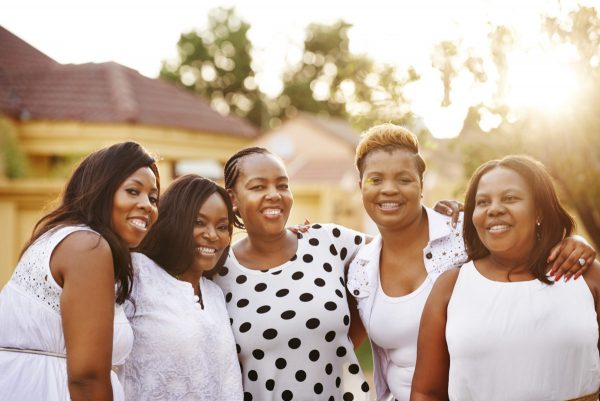Each year, the world marks a day in honour of women. March 8 is celebrated as International Women’s Day, as it has been since 1977 when the United Nations declared it as a day to recognize women across the world and their contributions towards making their communities and countries better.
Read more about Women
The theme for this year’s International Women’s Day, as designated by the UN, is Gender Equality Today for a Sustainable Tomorrow. In line with this theme, hundreds of events marking the day across the world will focus on improving equality for women by celebrating women who are driving positive change in their spheres of influence.
These spheres include economic, political, and cultural domains. They also cover work, health, technology, creativity, sport, and other areas in which there’s a need for more women to be empowered and experience positive change.
This year’s celebrations will focus particularly on a number of missions designed to call out inequality, highlight important gains made in the march towards greater equality, and make people more aware of the issues challenging this advance.
Gender Equality: The Nigerian Experience
Nigeria is a signatory to several global conventions that call for greater equality and freedom for women. There have also been improvements in several facets of national life in which women participate. In recent times, there’s been a recognition that greater involvement of women in these domains augurs well for the future of the country.
However, a lot remains to be done.
Evidence of this is seen in the fact that proposed legislation that seeks to empower women in Nigeria have failed to become law. In the past fifteen years, about a dozen bills designed to entrench women’s rights and freedoms have been rejected by federal lawmakers.
One of such rejections involved the Gender and Equal Opportunity Bill, which was presented by Senator Abiodun Olujimi, one of the few female legislators in the Senate. The bill proposed, among other things, that private and public institutions grant equal pay to employees with the same skills and competence, regardless of their gender; and that at least 35% of all public offices and appointments be reserved for women.
Sign up to the Connect Nigeria daily newsletter
Those who have opposed these bills have done so on cultural and religious grounds. They have questioned the concept of equality as championed by the bills and voiced the fear that such proposed legislation could have a detrimental effect on social order.
There’s a lot of data that confirms a widespread failure to prioritize gender equality in Nigeria. About 43.4% of women in the country aged 20-24 were married or in a union before age 18. The prevalence of early marriage, particularly in Northern Nigeria, has limited educational opportunities open to women;
they often have to leave school to take care of their families. Ultimately, they are unable to play a role in governing and shaping the societies in which they live.
Women are barely represented in many government quarters. As of 2021, only about 3.6% of national assembly members were women. This inequality is reflected in other aspects of life. In 2020, the Global Gender Gap Index for Nigeria was 0.63 (where 1 represents no inequality and 0 represents maximum inequality). Although the index has fluctuated in recent years, it’s increased between 2006 and 2020.
Pushing For Greater Gender Equality
Gender inequality remains a challenge in Nigeria. But there have been positive strides made towards achieving greater equality. Various initiatives, organized by the private sector and government, are providing support (including education, technical training, funding, and other kinds of aids) to women and enabling them to build successful lives.
Several corporate bodies have moved to include more women on their boards and in other leading positions; financial institutions have launched programs that include low or zero-interest loans for women along with other empowering resources, and many employers have begun to adopt equal opportunity policies.
In 2020, the Federal Government and UN Women launched the Generation Equality Campaign in Nigeria. The campaign pushes for equal pay, equal sharing of domestic and unpaid work, an end to sexual harassment against women and girls, equal participation in politics and decision-making in all areas of life, and healthcare services that are tailored to meet needs specific to women.
These actions alone are not sufficient to eradicate gender inequality. But they could be the start of a broader and stronger movement that will eventually make gender equality a reality in Nigeria.
Featured Image Source: IWPR
Got a suggestion? Contact us: [email protected]


